Philippines is Asia's 'terror hotspot'
Monday Jul 30 14:22 AEST
More than 1,700 people have been killed or wounded in Islamic militant attacks in the Philippines during the last seven years, the highest number in Southeast Asia, a human rights group says.
In a report, US-based Human Rights Watch blamed two small militant groups based in the southern Philippines for the killings - Abu Sayyaf and the Rajah Solaiman Movement.
The scale of violence in the Philippines, however, has not received widespread attention outside the region, said John Sifton, senior researcher on terrorism and counter-terrorism at Human Rights Watch in New York. "Extremist armed groups have spread terror among civilians in the Philippines," Sifton said. “They have bombed buses carrying workers, food markets where people were shopping, airports where relatives were waiting for loved ones and ferry boats carrying families."
The 28-page report also faulted the Philippine government for not prosecuting those responsible for the attacks. Although some suspects had been arrested since 2000, it said very few had been brought successfully to trial. The group also criticised Manila's new law to fight terrorism, saying it contained "dangerous over-broad provisions that violate human rights standards".
"The Philippines doesn't need a new abusive counter terrorism law," said Sifton.
"The government isn't using the laws it already has, so why does it need new provisions that violate human rights?"
The Philippines is hosting Asia-Pacific's largest security gathering this week in Manila, where it is pushing for Southeast Asian countries to create a regional human rights body. Human Rights Watch said it suspected the Abu Sayyaf and Rajah Solaiman continued to have links with rogue elements of larger Muslim rebel groups - the Moro Islamic Liberation Front (MILF) and the Moro National Liberation Front (MNLF). The group called on the United States and the international community to provide assistance to ongoing peace talks between the government and Muslim rebels to make sure any deals reached would promote human rights and protect civilian population.
"To end the bombings, kidnappings and other violence, other governments have to pressure Philippine leaders to put a greater emphasis on protecting civilian life," Sifton said.
©AAP 2007
HOMEMADE TIKOY!!!
13 years ago




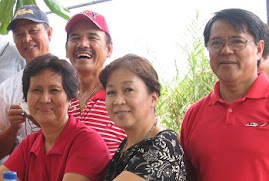
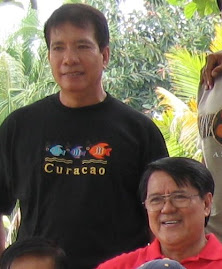
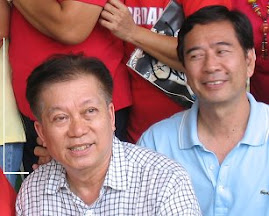
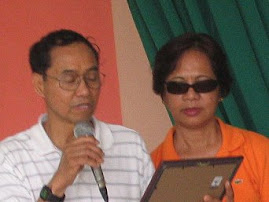
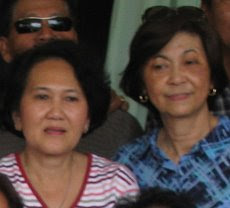

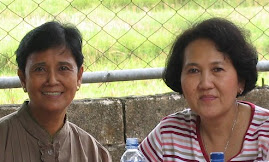



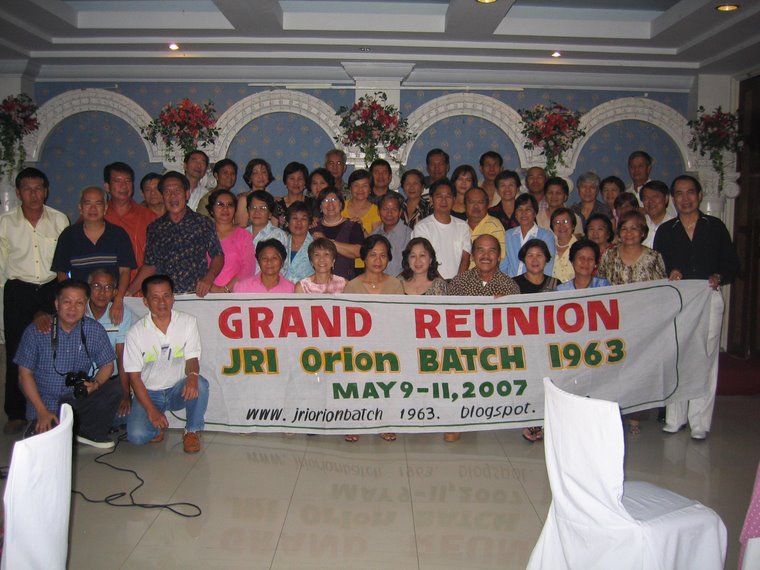




No comments:
Post a Comment